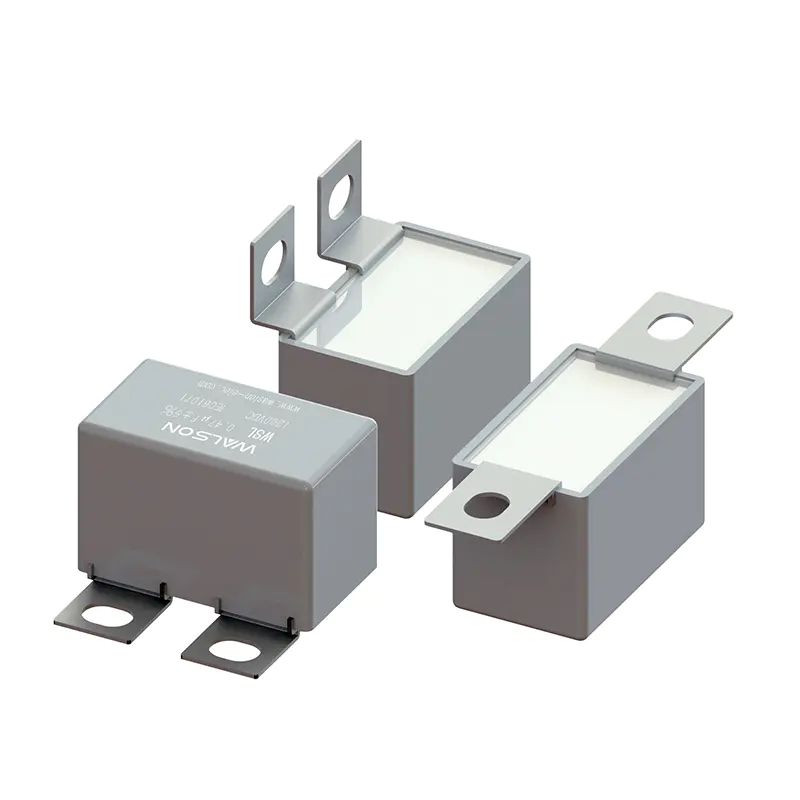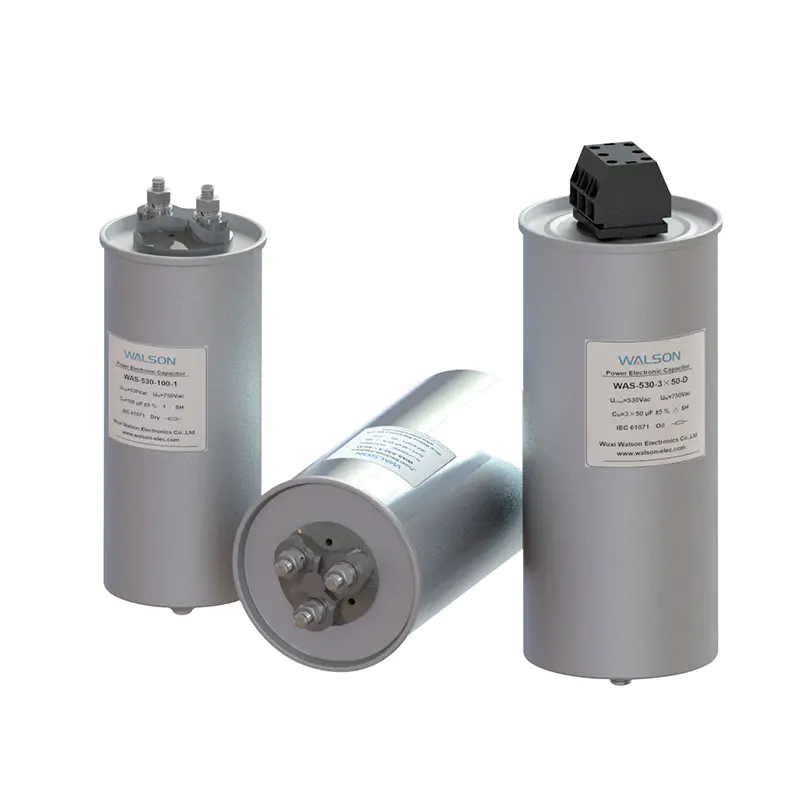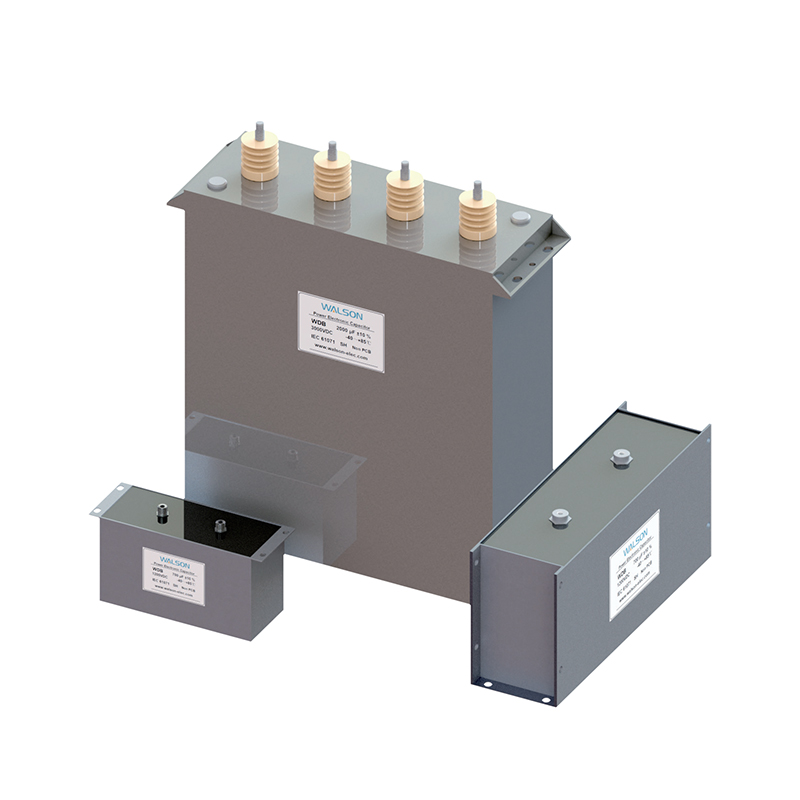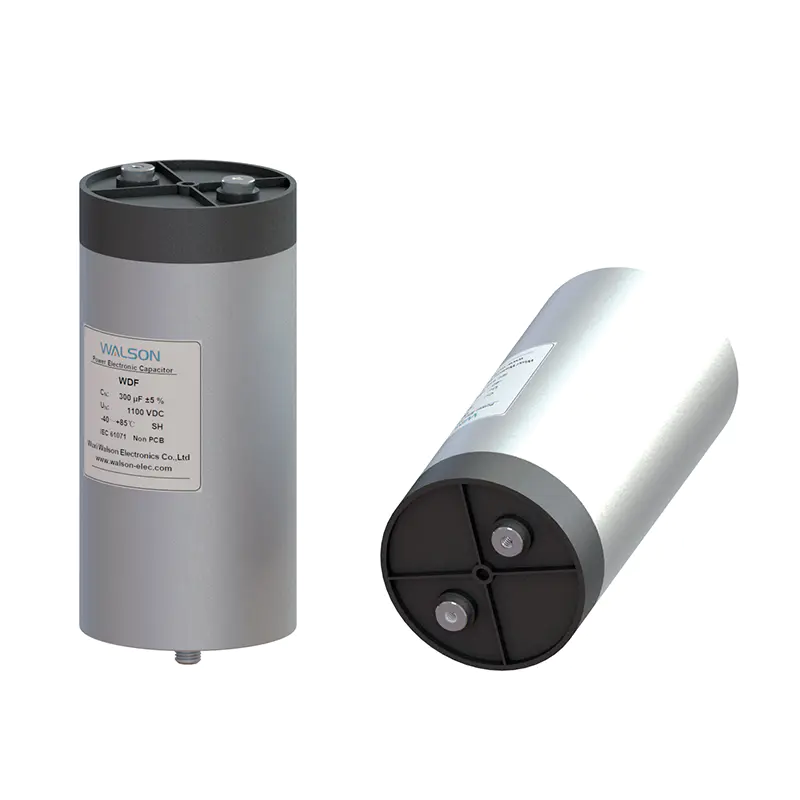- Home
- Products
- Applications
- Capacitors for Household Appliances
- Capacitors for Power Supply
- Capacitors for LED Lighting
- Capacitors for Mobile And DSL Appliances
- Capacitors for Automotive& Vehicles
- Capacitors for Photovoltaic Inverters
- Capacitors for Wind Power Plants
- Capacitors for Renewable Energy Systems
- Capacitors for Induction Heating
- Capacitors for Medical Equipments
- Capacitors for Industrial Control
- Capacitors for Power Electric
- Capacitors for Rail Transit
- Capacitors for Smart Grid
- Capacitors for University & Research Instituite (High Energy Physics)
- About Us
- News
- Contact Us
-
- Capacitors for Household Appliances
- Capacitors for Power Supply
- Capacitors for LED Lighting
- Capacitors for Mobile And DSL Appliances
- Capacitors for Automotive& Vehicles
- Capacitors for Photovoltaic Inverters
- Capacitors for Wind Power Plants
- Capacitors for Renewable Energy Systems
- Capacitors for Induction Heating
- Capacitors for Medical Equipments
- Capacitors for Industrial Control
- Capacitors for Power Electric
- Capacitors for Rail Transit
- Capacitors for Smart Grid
- Capacitors for University & Research Instituite (High Energy Physics)
Web Menu
- Home
- Products
- Applications
- Capacitors for Household Appliances
- Capacitors for Power Supply
- Capacitors for LED Lighting
- Capacitors for Mobile And DSL Appliances
- Capacitors for Automotive& Vehicles
- Capacitors for Photovoltaic Inverters
- Capacitors for Wind Power Plants
- Capacitors for Renewable Energy Systems
- Capacitors for Induction Heating
- Capacitors for Medical Equipments
- Capacitors for Industrial Control
- Capacitors for Power Electric
- Capacitors for Rail Transit
- Capacitors for Smart Grid
- Capacitors for University & Research Instituite (High Energy Physics)
- About Us
- News
- Contact Us
Product Search
Exit Menu
Low-Loss Characteristics of Resonant Capacitors Drive Efficiency in Modern Power Systems
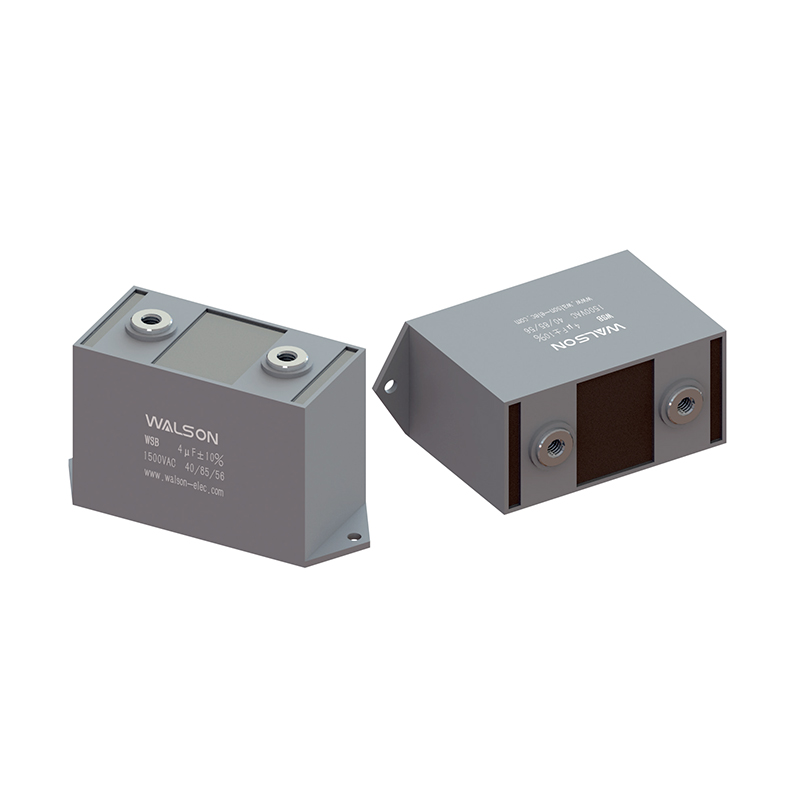
Low-Loss Characteristics of Resonant Capacitors Drive Efficiency in Modern Power Systems
Introduction
Resonant capacitors have become a cornerstone in modern power electronics, particularly in high-frequency applications. Their ability to operate efficiently under alternating current conditions makes them indispensable in resonant converters, series and parallel resonant circuits, and high-voltage power supplies. Among their defining characteristics, the low-loss property of resonant capacitors is crucial for minimizing energy dissipation and enhancing overall system performance.
In recent years, as high-frequency resonant converters and inverter circuits have become increasingly prevalent, engineers and designers are paying closer attention to the low-loss behavior of resonant capacitors. By reducing energy losses, these components improve the thermal stability of circuits and extend the operational lifespan of associated electronic systems.
Understanding Resonant Capacitors
A resonant capacitor is a type of capacitor specifically designed to operate within a resonant circuit. These capacitors are commonly used in applications where precise tuning of frequency response is necessary, such as RF resonant systems, induction heating, and LLC resonant converters. Unlike standard capacitors, resonant capacitors are optimized for low equivalent series resistance (ESR), which directly contributes to their low-loss performance.
The low-loss characteristic of a resonant capacitor ensures that minimal energy is wasted as heat, thereby improving circuit efficiency. This is particularly important in high-frequency resonant converter applications, where even small losses can accumulate, causing significant thermal stress and reduced reliability.
Low-Loss Design Considerations
Designing a resonant capacitor with low-loss characteristics requires attention to several critical parameters:
Dielectric Material: The choice of dielectric material directly affects ESR and thermal stability. High-quality materials with low dissipation factors are essential to achieving low-loss performance.
Electrode Metallization: Uniform and precise metallization reduces localized resistance and minimizes heating.
Capacitor Geometry: The physical layout, including electrode spacing and winding, can significantly influence internal losses.
Operating Conditions: Resonant capacitors are sensitive to high-frequency AC voltages and currents. Proper selection according to operating frequency ensures minimal energy dissipation.
These considerations are vital for applications in high-frequency resonant inverters and power supplies, where efficiency and thermal management are paramount.
Applications of Low-Loss Resonant Capacitors
Resonant capacitors are utilized across a range of high-frequency applications due to their ability to handle AC currents with minimal losses. Key application areas include:
High-Frequency Resonant Converters: Resonant capacitors reduce switching losses in series and parallel resonant circuits, contributing to higher overall efficiency.
RF Systems: In radio frequency systems, resonant capacitors maintain signal integrity by minimizing energy dissipation.
Induction Heating Equipment: Low-loss capacitors improve thermal management and energy efficiency in high-power induction heating applications.
EV Chargers and Power Supplies: Resonant capacitors in LLC converter circuits optimize power transfer while reducing thermal stress.
The adaptability of resonant capacitors to different operating frequencies and voltages is largely due to their low-loss design, which ensures minimal energy dissipation even under high-stress conditions.
Comparative Characteristics
To illustrate the performance advantages of resonant capacitors, the following table compares several key characteristics across different types of resonant capacitors commonly used in power electronics:
| Feature | Series Resonant Capacitor | Parallel Resonant Capacitor | High-Frequency Resonant Capacitor |
|---|---|---|---|
| ESR (Equivalent Series Resistance) | Low | Low | Ultra-low |
| Thermal Stability | High | High | Very High |
| Frequency Range | Medium | Medium | High |
| Application | Series resonant circuits, inverters | Parallel resonant circuits | RF systems, induction heating, LLC converters |
| Loss Minimization | Efficient | Efficient | Extremely efficient |
Advantages of Low-Loss Resonant Capacitors
The primary advantages of low-loss resonant capacitors in electronic systems include:
Energy Efficiency: By minimizing heat dissipation, these capacitors ensure more electrical energy is effectively transferred through the circuit.
Thermal Management: Reduced losses translate to lower temperature rise, improving reliability and operational lifespan.
Enhanced Performance: Low-loss capacitors maintain consistent performance across high-frequency cycles, critical for RF and high-speed power electronics.
Compact System Design: Efficient energy usage allows designers to reduce cooling requirements and component size, enabling more compact system architectures.
Future Trends in Resonant Capacitor Design
As modern power electronics evolve, the demand for low-loss resonant capacitors continues to grow. Emerging trends include:
Advanced Dielectric Materials: Research into polymers and ceramics with ultra-low dissipation factors will further reduce losses.
High-Voltage and High-Current Capacitors: Increasing power requirements in EVs, renewable energy, and industrial systems drive the need for capacitors that maintain low-loss behavior under conditions.
Integration with Smart Systems: Resonant capacitors are being incorporated into smart inverter and converter designs that monitor and optimize power efficiency in real time.
By focusing on low-loss characteristics, engineers can ensure resonant capacitors remain at the forefront of high-performance power electronics.
Conclusion
The low-loss characteristic of resonant capacitors is a defining feature that makes them essential in high-frequency and high-efficiency applications. By minimizing energy dissipation, these capacitors improve thermal stability, enhance circuit performance, and extend system longevity. From high-frequency resonant converters to RF systems and induction heating, the application of resonant capacitors continues to expand, driven by the ever-increasing demand for efficient and reliable power solutions. Understanding and optimizing low-loss properties are critical for engineers and designers aiming to maximize performance in modern electronic systems.

 简体中文
简体中文 English
English Español
Español